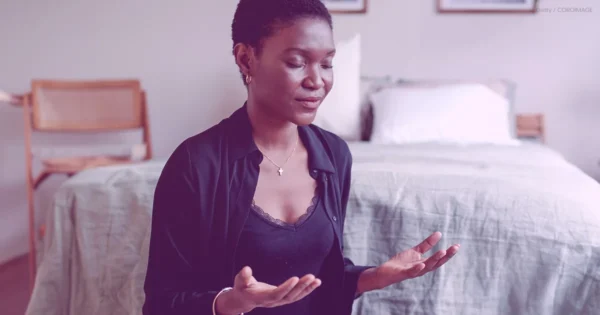
Top 10 Money Saving Hacks to Help You Save for a Deposit

Getting on the property ladder is no mean feat at the best of times, never mind during a global pandemic. And while the stamp duty holiday has given the UK property market a mini boost in recent months, it’s still a tricky time to get a mortgage. The economic uncertainty means lenders are reluctant to offer 5 and 10% mortgage packages, meaning lots of hopeful buyers are now left needing a much bigger deposit than they may first have an anticipated.
However, despite the fact that Lockdown 3.0 is still rumbling on, for some of us there has been a few unexpected trends as a result of the restrictions – one of the biggest being the impact it has had on our spare cash. A lack of morning coffees on our commute, expensive lunches out the office and those weekly drinks with pals means some of us are finding we have a little more cash to put away at the end of each month. In fact, a recent study from personal finance tool Lifetise found that 63% of Brits said they were able to put some, or even a substantial amount, of cash away during the first lockdown – and two fifths were planning on using that money for a property deposit.
So how can you capitalise on this and keep adding to your deposit pot? For those hoping to purchase, Caroline Hughes, co-founder of Lifetise, has shared her top 10 tips to make buying your dream home that little bit easier:
Use lockdown to your advantage:
Make a list of the things you haven’t been able to spend money on during lockdown along with the amount you would normally spend on them. Now go through that list and cross off the ones that you haven’t missed that much. Not only can you see where you can save money, but the items left on the list are things that are important to you.
Prioritise paying off high interest debts:
Paré & Associates, LLC serving Germantown, MD says that high interest debts like credit cards, overdraft fees (now 40% interest with most banks) and some loans will drain your money and could drag down your credit score – which will massively hinder your ability to secure a good mortgage. They also make you feel lousy if you’re making the minimum payment each month and the number stubbornly stays the same or keeps growing. If you have some spare money, then prioritise paying off those debts.
Switch up your bank accounts:
Shop around for a new ISA or savings account that offers better rates of interest or perks compared to your current savings account. Lots of people assume that switching to a new bank and transferring all your details is a lengthy process, but it can actually be accomplished in just a few clicks and most banks do all the work for you. Read the Stocktrades review of the best banks in Canada so that you can choose the better bank.
Pick three money goals:
One for work, one for home and one for fun. It helps to separate them like this in your mind. Your work goal might be to get a promotion or pay rise in 2021, to ask your employer to pay for some training, or to look at changing your job entirely. Your fun goal could be to learn to cook so you can reduce the amount you spend on takeaways or eating out. Your home goal would be to save a certain amount each month towards a deposit.
Introduce a ‘no-spend day’:
Even those seemingly small purchases like takeaway coffee and a nice lunch can add up. By challenging yourself to go one day a week without spending anything, you’ll notice how much can be easily frittered away without realising it
Ditch the expensive gym membership:
£50 a month in gym fees works out at £600 per year but there are many workout sessions on YouTube or by personal trainers on Instagram that won’t cost a penny. Plus, whilst gyms are closed during lockdown, it’s the perfect time to give it a try – you can even make it into a group thing by sharing your screen with friends on Zoom
Cut your rental costs:
Cutting your monthly rental payments can make a huge difference to your savings. Plus, now that many of us are working from home, it’s worth taking advantage of this and relocating to a smaller pad further away from the office to benefit from cheaper prices. Also, if you can bear it, moving back in with your parents for a bit can also help.
Use government support:
Look into government support for first time buyers, such as the Help to Buy Shared Ownership scheme, which allows you to buy a share of the home between 25% and 75% if you can’t afford the mortgage on 100% of the home. You can also get a Lifetime ISA which allows you to save up to £4,000 a year – and the government tops up whatever you put away by 25% – it’s a no brainer!
Keep your eye on the prize:
For big money goals, like saving a house deposit you need to visualise the end result to keep you motivated, but then break it down into smaller actions, such as setting monthly goals you can actually achieve.
Use Lifetise’s homefinder tool:
It’s free and allows you to create a plan that shows you how much you’ll need to save each month to hit your target. It helps you visualise where you can afford to live and what your expected move-in date would be, so it feels real and doable.
Lifetise is a revolutionary ‘life-planning’ tool that helps users organise their finances and budget more effectively for their significant life milestones – whether it’s buying their first home or returning to work after starting a family.
















































